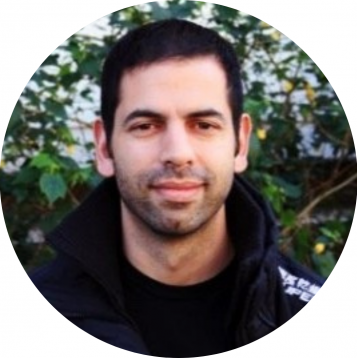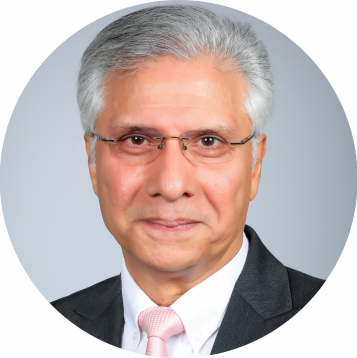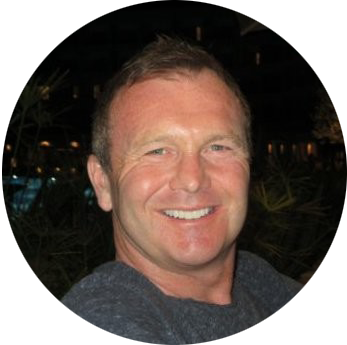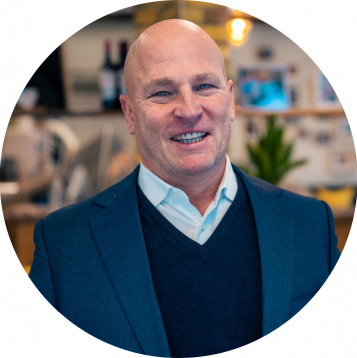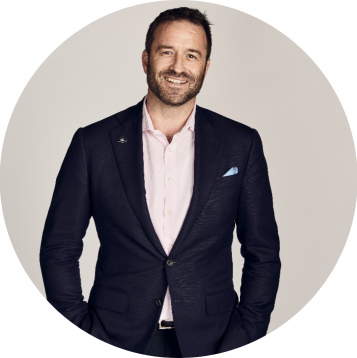I’m the kind of person who looks for credibility and integrity in those I seek advice from. I assume I’m not alone in that. I expect my personal trainer to be fitter than I am. I expect my doctor to be healthier than I am. I sought out a sensei for martial arts training with an 8 dan black belt. In each case, I seek expertise in those I consult with. I take solace from the fact that my advisor ‘lives and breathes’ their expertise. They practice what they preach. In contrast, I would feel deceived taking driving lessons from an instructor who had been accused of reckless driving. Sounds obvious, right?
However, in business life, we seem to ignore this principle when hiring the big (N) management consultancies, especially when we are trying to embrace new ways of working, modern target operating models or incorporate simple agile/lean design into our overly bureaucratic organisations. Many large consultancies are actively pedalling ‘agile transformations’ and new ways of working to hopeful clients, while the consultancies themselves are designed and operating in ways that are the complete antithesis of agile, lean or even modern. It feels like a contemporary version of Snake Oil selling.
Traditional consultancies doesn’t work
Internally, traditional consultancies have a business model based upon Tournament Theory (Lazear and Rosen, 1981). Tournament Theory often applies in sectors where people have to work very long hours and the pay gradient is very steep. Senior ‘partners’ and ‘directors’ manage the client relationships, deploy teams, manage the advancement process, and claim most of the profit. The actual work is done by the junior teams on the ground, composed of recent MBA graduates who get little glamour, a fraction of the compensation, and the bulk of the work. Newcomers are recruited in large numbers, as they must replace people exiting 2-3 years later (a few promoted, the rest burnt out). They are willing to trade their time and energy for money, experience and a chance to be a partner higher up in the pyramid. And so the merry-go-round continues.
The pyramid has a broad base but gets narrow fast. Like any tournament system where the reins of success are held by upper management and there are large pools of talent to select from, strategies for success revolve around differentiating yourself somehow. So ‘being opportunistic’, ‘working as hard as you can and doing something to get noticed’ or, less charitably, ‘making sure you look better than your peers’ are common strategies. And so tournament structures actively discourage co-operation and employees may even sabotage each others’ work to make themselves look better. Somewhere in that mess, the incentive to solve the client’s problems is well down the priority list.
Running experiments to see what works
We can add to that the ‘cookie cutter’ playbooks and models that completely ignore the context or complexity of modern organisational problems. Many organisations’ problems are in the unordered, complex realm where cause and effect are only apparent in hindsight, so we need to ‘probe, sense and respond’ (run experiments) to find out what works and what doesn’t, rather than apply simple (ordered) solutions that we have seen work elsewhere (Ref. Dave Snowden, Cynefin framework for decision making).
That traditional consultancy operating model doesn’t sound like a setup that exemplifies business agility. I’m not convinced that people working in those tournament environments, with heavily prescribed models and approaches, should be advising on how to live and breathe the latest ways of working. It’s like having Homer Simpson as your personal trainer. Just because he has sneakers and a copy of Men’s Fitness does not mean he is going to help you realise your ambitions.
I can acknowledge the allure – the old saying ‘No one ever got fired for hiring (…insert big consultancy name)’. But does anyone actually believe that anymore?
Helping management consultancies
At S&S we help organisations to untangle the sclerosis of bureaucracy that is slowing them down in a world of ever-increasing pace. It’s a rewarding job that reflects our beliefs and experiences in business. It represents how we ourselves work, and how we manage. But it’s incredibly challenging too, especially as many organisations are built on very different foundations. Our ability to share our own experiences significantly helps the narrative.
In my role as a Partner at S&S, as well as helping clients, I also have the highly enviable job of creating our own operating model that reflects the very latest thinking in organisation design. I now know what it’s like to be the proverbial kid in a candy store. Rarely do we get the chance to build an organisation from the ground up, whilst testing the latest ideas, with little or no constraints.
Let’s look at some of the factors we have built into the way we operate at S&S:
- Organisation built on a purpose – ✅
- An intense focus on recruiting the right people (if you get that bit right, most other things become easy) – ✅
- Radical transparency throughout the organisation – ✅
- Community first, commerce second mentality – ✅
- A Principles led organisation – few processes and policies – we use brief guidelines, treat everyone as adults and trust them – ✅
- Non-functional structure – central functions support (not control) the customer-facing teams. We do have a hierarchy – but it’s mostly role-based, not authority-based – ✅
- We utilise the power of the small, cross-functional team (to deliver outcomes, not activities) – ✅
- Improvement cadence – retrospection and innovation – ✅
- Culture defined by core values and observable behaviours (and no poster reminders on the walls) – ✅
- All teams aligned to the optimising goal of the organisation (thus preventing local optimisations a.k.a. silos) – ✅
- Everyone in the organisation is embedded within our customer communities – ✅
- An internal coaching culture – ✅
- Incentives that reward the right behaviours – ✅
- …..and no tournaments – ✅
Are we perfect? Of course not. We will always be in beta mode and that’s totally intentional. We are continually experimenting with new ideas to see what works and what doesn’t. Our operating model is more a way of life than a destination. Less a Target Operating Model and more of an Adaptive Operating Model. We are trying to be People Positive and Complexity Conscious in all we do (to quote Aaron Dignan’s excellent new book, Brave New Work).
Specialisation to gain efficiency
At S&S, we are still small and that helps. But even so, our scaling plans are not the tired old model of bloating each department, increasing specialisation and the separation of activities in search of efficiency (Taylorism at its best). Our growth agenda is more like bacterial growth – replication of small, fully functional units that are self-contained and highly effective. I’ll happily trade efficiency for effectiveness every time.
Next time you need an expert to help you adjust to the complexity and pace of the modern world, to introduce you to new ways of working and new styles of leadership built for the modern workplace, it might be worth checking if the ‘experts’ truly do eat their own dog food. You could even use the checklist above as a starter.
The traditional management consultancies model is ripe for disruption. The drivers for this change are an increased need for business agility from clients, massive cost overheads and structural inefficiencies within big consulting firms, and the emergence of on-demand expertise from boutique consulting firms with specialist talent, offering more focus and deeper expertise at a lower cost. It’s never been easier to find just the right team to help you solve complex business problems.
If you are looking for a genuine alternative to traditional consulting approaches and would like to discuss how we could help, let’s chat.














